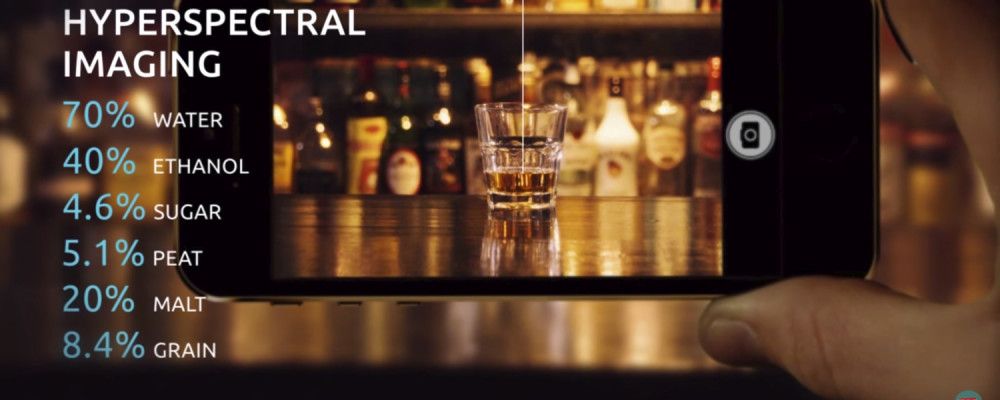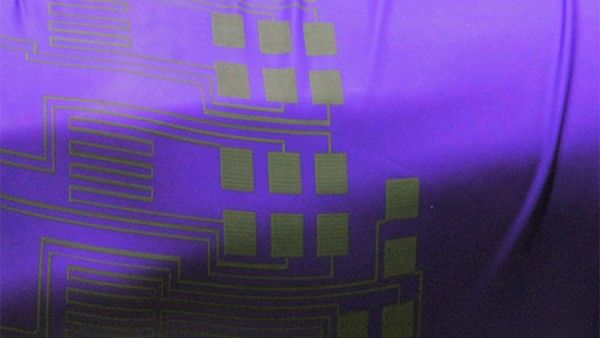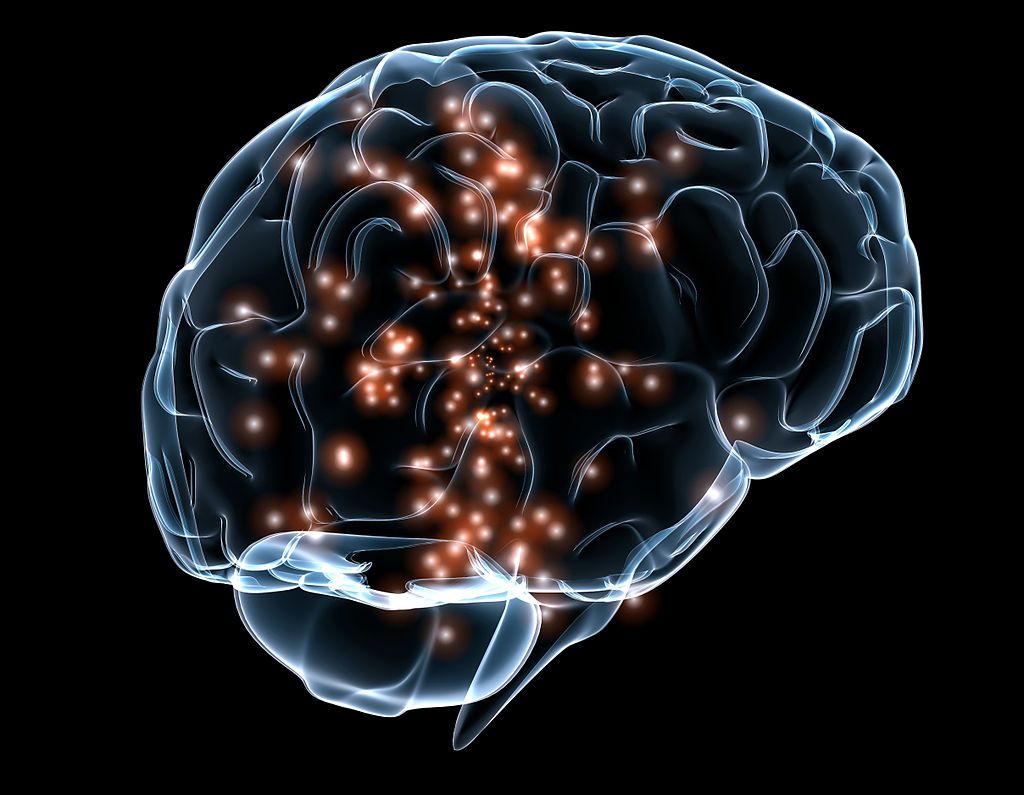Apr 18, 2015
Discover the Chemical Composition of Everyday Stuff…With a Smartphone Camera
Posted by Seb in categories: biotech/medical, futurism
By Jason Dorrier — SingularityHub
Our smartphones can do a lot—compute, pin down our location, sense motion and orientation, send and receive wireless signals, take photographs and video. What if you could also learn exactly what chemical components were present in any object? A new invention out of Israel aims to enable just that.
“The tricorder is no longer science fiction,” a recent Tel Aviv University (TAU) article declared. While a number devices in recent years have inspired similar comparisons, maybe this one is a little closer. Read more



 I read all the news about SpaceX’s Falcon 9 latest “failure” to land on an autonomous spaceport drone ship aka barge. I view these as trials to success. Here’s why.
I read all the news about SpaceX’s Falcon 9 latest “failure” to land on an autonomous spaceport drone ship aka barge. I view these as trials to success. Here’s why.










